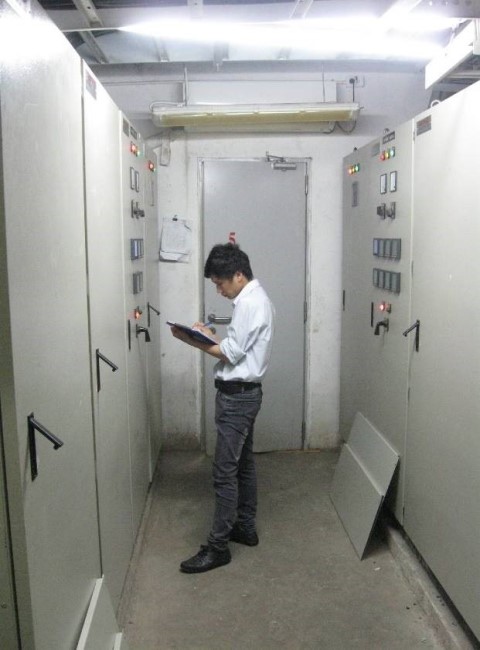Assessment of the existing SEC norm for industry sectors in Vietnam
Within the framework of Phase II of the Renewable Energy and Energy Efficiency Project - a Joint Technical Cooperation Project between the Government of Viet Nam, the EU, the BMZ and GIZ, GIZ focuses on supporting the Department of Energy Efficiency and Sustainable Development (DEESD) of the Ministry of Industry and Trade (MOIT) to improve the legal and regulatory framework for energy efficiency, the VNEEP 3 implementation well as the preparation and implementation of a National Energy Efficiency Action Plan.
Within the framework of Phase II of the Renewable Energy and Energy Efficiency Project - a Joint Technical Cooperation Project between the Government of Viet Nam, the EU, the BMZ and GIZ, GIZ focuses on supporting the Department of Energy Efficiency and Sustainable Development (DEESD) of the Ministry of Industry and Trade (MOIT) to improve the legal and regulatory framework for energy efficiency, the VNEEP 3 implementation well as the preparation and implementation of a National Energy Efficiency Action Plan.
As planned, GIZ plans to support MOIT/DEESD to prepare one norm (“benchmark”) of the specific energy consumption (SEC) for a jointly selected industrial sector/sub-sector. RCEE – NIRAS has been selected to to implement the 1st stage of all preparation activities for the 2nd stage with the final goal as a SEC benchmark for an industry sector in Vietnam. At the 1st stage, the consultant team has performed such activities as: (i) an assessment report of the existing SEC norm for industry sectors in Vietnam, (ii) selection of one suitable sector/sub-sector for benchmarking based on consultation with the DEESD and selection criteria agreed with DEESD and, (iii) a preliminary audit plan for potential enterprises of the Sector, (iv) data input forms and algorithm to calculate the SEC per unit of production or product mix of the Sector.
Energy benchmarking is the process of collecting information, analyzing and energy data with the aim of evaluating and comparing efficiency in the facility itself and with other sectoral facilities with the same characteristics. Industry benchmarking study results are often synthesized from the values of individual facilities and range from the best-performing one to the poorest.There were been benchmarking research’s for many industries, which has some international experiences. Countries around the world often study benchmarking according to three main methods as follows: (i) Benchmarking based on simulation models; (ii) Benchmarking based on a weight rating system; and (iii) Benchmarking according to statistical analysis methods. The Consultant has provided an assessment and analysis regards with the pros and cons of the existing norms as inputs for the next steps of the study.


 English
English  Tiếng Việt
Tiếng Việt 